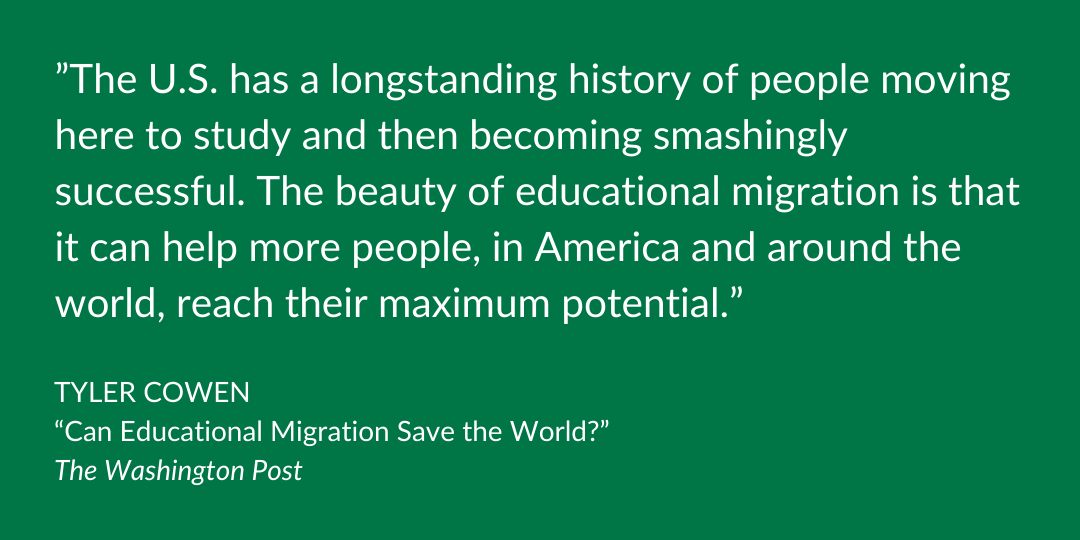Central Park, built in the mid-1800s, was the first landscaped public park in the United States. Its designers, Frederick Law Olmsted and Calvert Vaux, were ambitious, aiming to create a space in the middle of New York City where residents could experience a wide variety of landscapes all in one place. The park successfully combines landscaped gardens, wild wooded areas, pastoral fields, and more. The designers also incorporated several bodies of water – ponds, lakes, and streams – into their plans. In the northeast corner of the park, the Harlem Meer is one such manmade lake. The Meer, Dutch for “lake,” is today a haven for wildlife like fish, turtles, and waterfowl, as well as a popular destination for the neighboring community in Harlem.
The Harlem Meer
USCIS Updates Policy to Waive Interview for Some Conditional Permanent Residents
United States Citizenship and Immigration Services (“USCIS”) announced it would be adopting a risk-based approach in its policy to allow immigration officers to waive in-person interviews for conditional permanent residents (“CPRs”) who have filed a petition to remove the conditions on their permanent resident status. The newly updated policy sets out the criteria USCIS officers are to use when deciding to waive interviews of the US citizens and lawful permanent residents’ (“LPR”) family members who have conditional permanent residency status in the US and have submitted a Form I-751 Petition to Remove Conditions on Residency. This update, effective immediately, replaces previous guidance that required all CPRs undergo an interview if they obtained CPR status through consular processing.
Read moreIndian Diaspora on a Stage as Big and Beautiful as Bridgerton
Brier Patch by Hugh Hayden
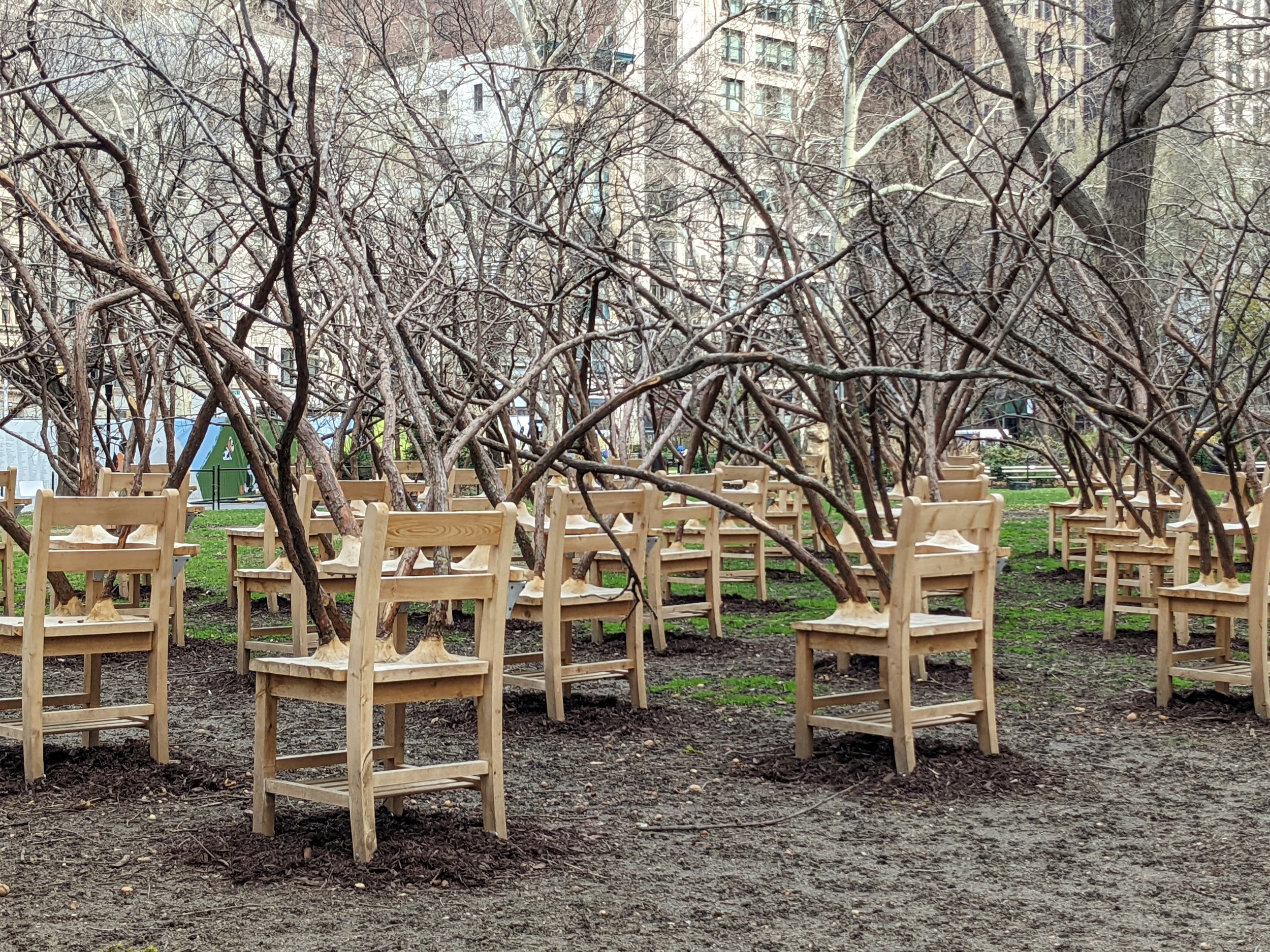
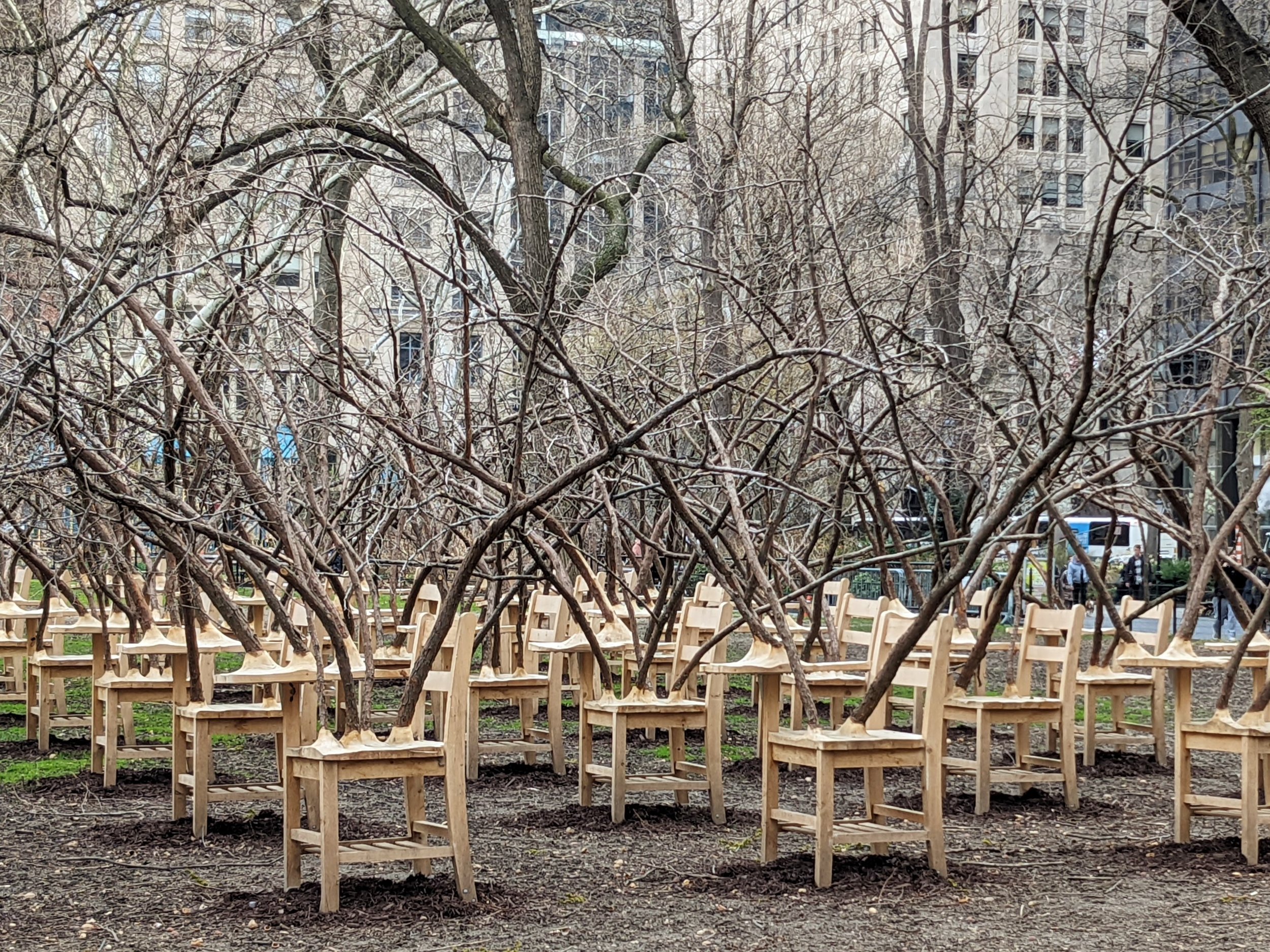
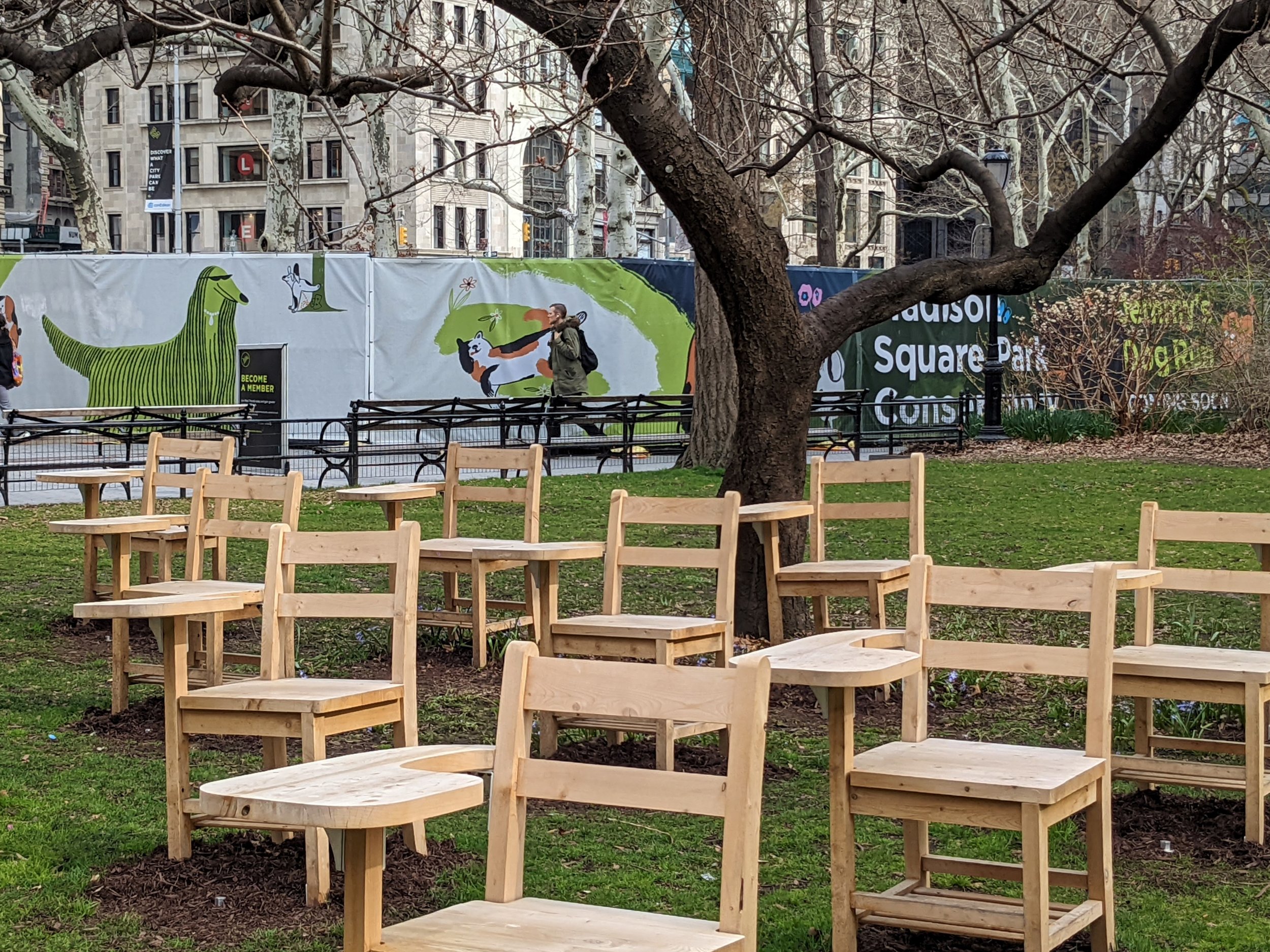
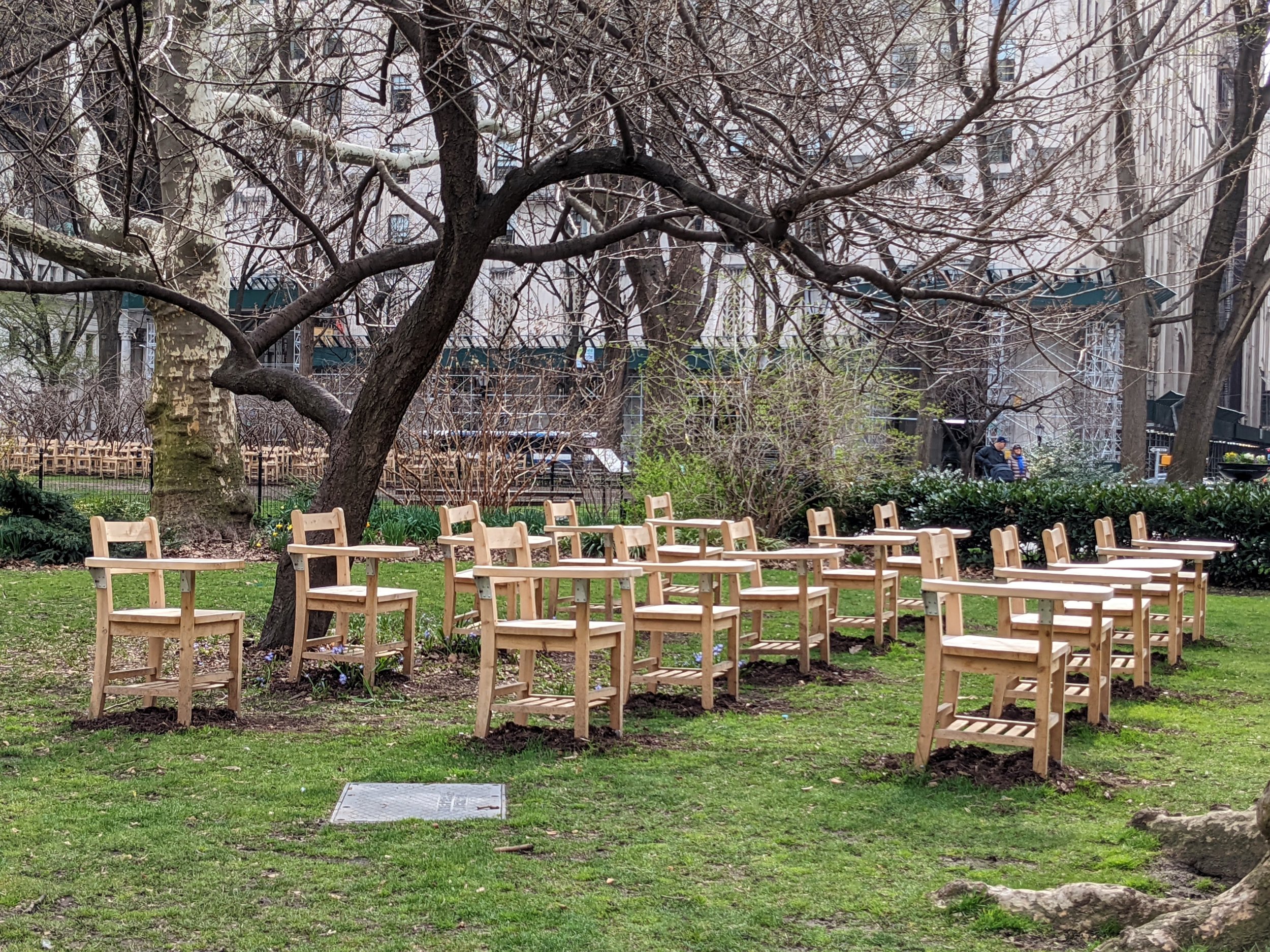
An unsettling assembly of school desks with branches growing from the surfaces is an unexpected sight in Madison Square Park. The installation by artist Hugh Hayden evokes in turn nostalgia, optimism, and foreboding. The desks, organized in neat rows like in a classroom, are disrupted by the twisting mass of branches that emerge from the seats of the chairs and the tops of the desks. Evocative of folklore stories like Br’er Rabbit and Sleeping Beauty, the canopy that forms could offer a safe place to hide, or prove to be dangerously prickly.
Educational Migration Can Help More People Reach their Potential
Cherry Blossom Season
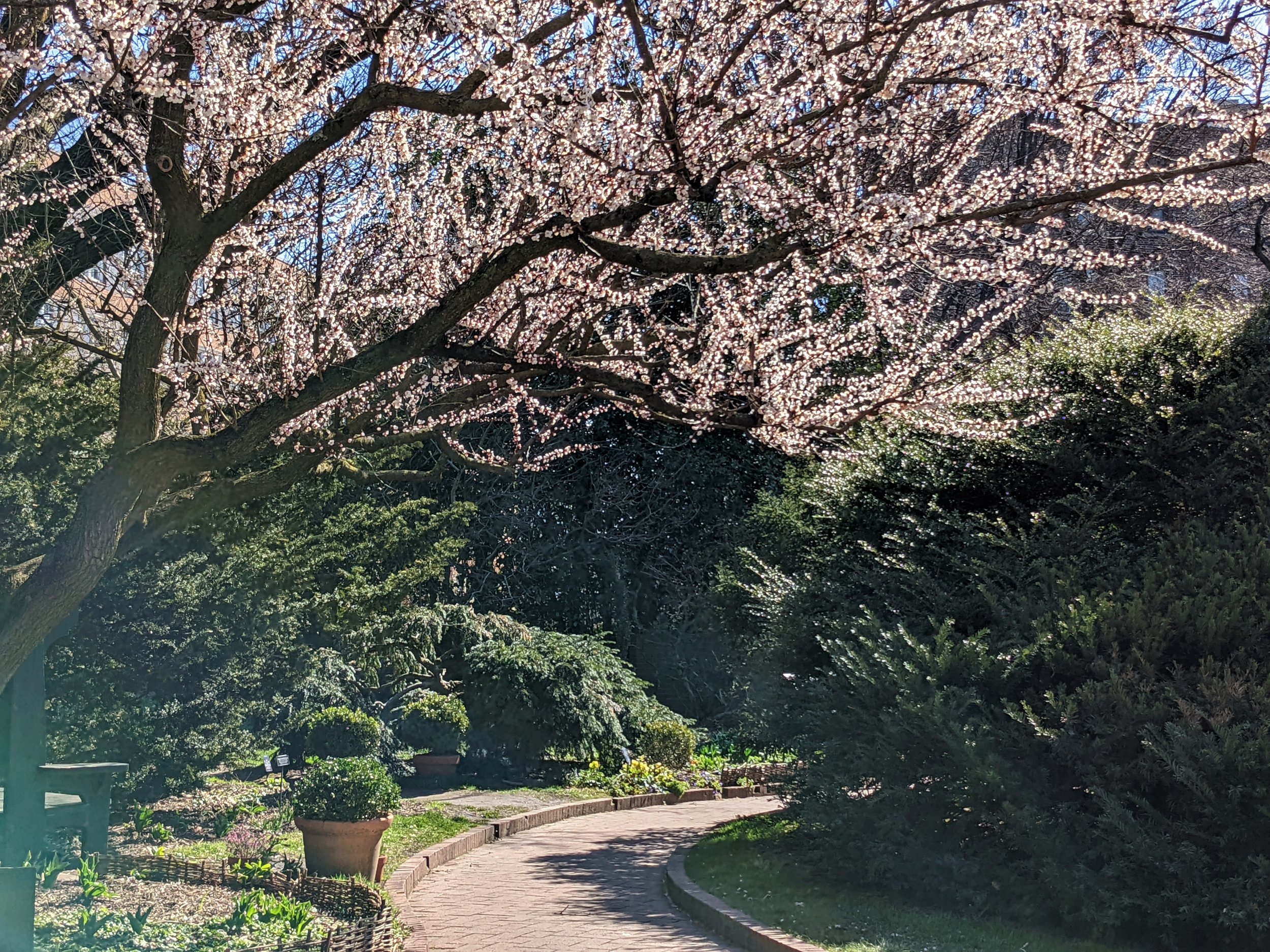

In March and April, parks and gardens bloom with delicate pink and white cherry blossoms, signaling the start of spring. The tradition of celebrating the beautiful flowering trees originated in Japan, and is known as hanami, which translates to “flower viewing.” The Brooklyn Botanic Garden is home to 26 different varieties of flowering cherry trees, or sakura, and the first flowers are blooming in the gardens. Walking through the quiet park, flashes of pink and white are bright in the sunlight, and tiny petals rain down when the wind blows. It’s a beautiful way to celebrate the end of winter and welcome the warm, sunny days that are around the corner.
Electronic Registration for FY 2023 H-1B Cap is Complete
On March 29, 2022, United States Citizenship and Immigration Services (“USCIS”) announced that the Service had received enough initial electronic registrations for the fiscal year 2023 (“FY23”) H-1B cap, including the advanced degree exemption (master’s cap). Consequently, the Service has notified all prospective petitioners whose registrations were randomly selected that they are eligible to file cap-subject H-1B petitions for the named beneficiary in the selected registration.
Read moreUSCIS Extends Flexibility for Responding to Agency Requests
In response to the ongoing coronavirus (COVID-19) pandemic, US Citizenship & Immigration Services (“USCIS”) is once again extending the flexibilities it originally announced two years ago, on March 30, 2020. USCIS’ 60-day deadline extension policy for responses to various agency actions has been extended through July 25, 2022, to assist applicants, petitioners, and requestors who are responding to:
• Requests for Evidence;
• Continuations to Request Evidence (N-14);
• Notices of Intent to Deny;
• Notices of Intent to Revoke;
• Notices of Intent to Rescind;
• Notices of Intent to Terminate regional centers; and
• Motions to Reopen an N-400 Pursuant to 8 CFR 335.5, Receipt of Derogatory Information After Grant.
Read more



